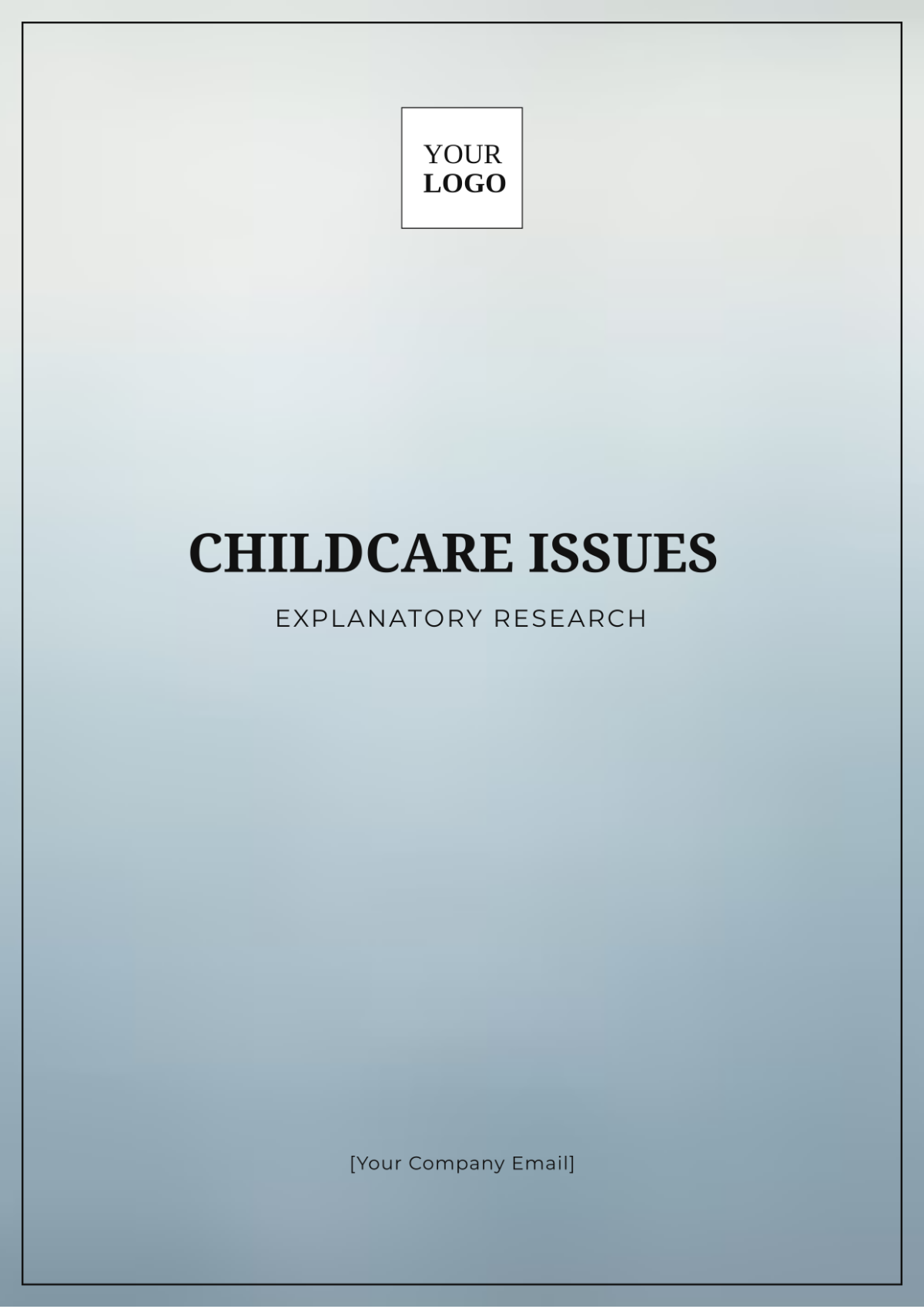Observational Study Manuscript
Prepared By: [Your Name]
Observational Study on the Impact of Urban Green Spaces on Mental Health
I. Introduction
Urban green spaces (UGSs) are increasingly acknowledged for their potential to positively impact mental health. This study aims to observe and analyze how the presence and quality of green spaces in urban environments affect the mental well-being of residents. By employing a combination of surveys, interviews, and observational data, this study seeks to provide a comprehensive understanding of these relationships.
II. Methods
A. Study Design
This observational study was conducted across three major urban areas: City A, City B, and City C. Each city was selected based on varying levels of green space availability. The study utilized a mixed-methods approach, combining quantitative surveys with qualitative interviews and observational assessments.
B. Participants
Participants were recruited through local community centers, social media, and advertisements. The inclusion criteria required participants to be at least 18 years old and to have lived in the city for a minimum of one year. A total of 300 participants (100 from each city) were enrolled in the study.
C. Data Collection
1. Surveys
Participants completed a structured survey designed to assess their perceived mental well-being and usage of local green spaces. The survey included the following scales:
Perceived Stress Scale (PSS)
General Health Questionnaire (GHQ-12)
Environmental Satisfaction Index
2. Interviews
Semi-structured interviews were conducted with 30 participants (10 from each city) to gain deeper insights into personal experiences and attitudes toward green spaces.
3. Observational Assessments
Researchers conducted site visits to evaluate the quality and accessibility of green spaces. The assessment criteria included:
Green Space Size and Density
Maintenance and Cleanliness
Availability of Facilities (e.g., benches, playgrounds)
Safety and Accessibility
D. Data Analysis
Quantitative data from surveys were analyzed using statistical software to identify correlations between green space access and mental health indicators. Qualitative data from interviews were analyzed thematically to extract common themes and insights.
III. Results
A. Participant Demographics
Characteristic | City A (n=100) | City B (n=100) | City C (n=100) |
|---|---|---|---|
Age (Mean ± SD) | 34.5 ± 8.2 | 37.8 ± 7.9 | 32.1 ± 9.3 |
Gender (Male/Female) | 45/55 | 50/50 | 48/52 |
Employment Status | Employed 65%, Unemployed 35% | Employed 60%, Unemployed 40% | Employed 70%, Unemployed 30% |
B. Survey Findings
1. Perceived Stress Scale (PSS) Scores
City | Mean PSS Score | SD |
|---|---|---|
City A | 18.2 | 4.3 |
City B | 21.5 | 5.0 |
City C | 15.8 | 3.7 |
2. General Health Questionnaire (GHQ-12) Scores
City | Mean GHQ-12 Score | SD |
|---|---|---|
City A | 15.4 | 4.1 |
City B | 18.7 | 5.2 |
City C | 13.2 | 3.9 |
3. Environmental Satisfaction Index
City | Mean Satisfaction Score | SD |
|---|---|---|
City A | 72.3 | 6.2 |
City B | 65.4 | 7.5 |
City C | 78.1 | 5.8 |
C. Interview Insights
Key themes emerged from the interviews:
Positive Impact on Well-being: Participants in cities with more accessible and well-maintained green spaces reported lower stress levels and higher satisfaction with their environment.
Accessibility Issues: Some participants expressed frustration with the accessibility of green spaces, particularly in areas with high traffic or inadequate public transportation.
Importance of Facilities: The presence of amenities such as playgrounds and seating areas was noted as crucial for enhancing the utility and enjoyment of green spaces.
D. Observational Assessments
City | Green Space Size (Average Acres) | Maintenance Rating (1-5) | Facilities Score (1-10) |
|---|---|---|---|
City A | 10.5 | 4.2 | 7.8 |
City B | 7.3 | 3.8 | 6.5 |
City C | 12.1 | 4.5 | 8.2 |
IV. Discussion
The findings indicate a significant relationship between the quality and accessibility of green spaces and mental health outcomes. Participants in cities with better-maintained and more accessible green spaces reported lower stress and higher overall well-being. The results suggest that enhancing green space quality and accessibility can have a meaningful impact on urban residents' mental health.
V. Implications
A. Urban Planning
City planners should prioritize the development and maintenance of green spaces to enhance public mental health.
B. Policy Recommendations
Policies that support the creation and upkeep of green spaces could be beneficial for urban populations.
VI. Limitations
A. Sample Size
The sample size used in the study might not accurately reflect all urban areas.
B. Self-Reporting Bias
Data from surveys and interviews are based on self-reported measures, which may introduce bias.
VII. Future Research
Future studies should explore the longitudinal effects of green space changes on mental health and investigate how different types of green spaces (e.g., parks, and community gardens) impact specific mental health outcomes.
VIII. Conclusion
This observational study underscores the importance of urban green spaces in promoting mental health. Enhancing the quality and accessibility of these spaces could significantly improve the well-being of urban residents.

















































